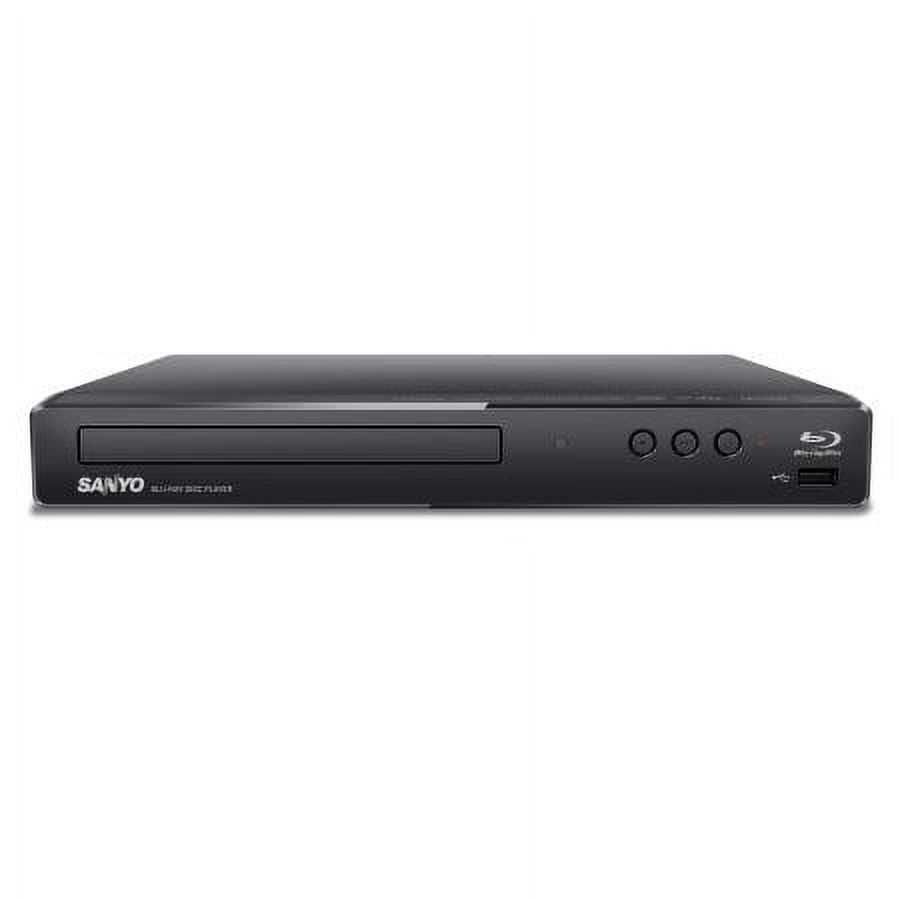
Understanding how to navigate the various features of your video playback device is essential for an optimal viewing experience. This section provides clear and concise steps to help you set up and operate your equipment effectively. Whether you’re playing movies, adjusting settings, or troubleshooting common issues, these instructions are designed to be user-friendly and straightforward.
By following the steps outlined in this guide, you will be able to maximize the functionality of your device, ensuring smooth and enjoyable playback every time. From basic operations to more advanced features, everything you need is covered here.
Getting Started with Your Sanyo DVD Player
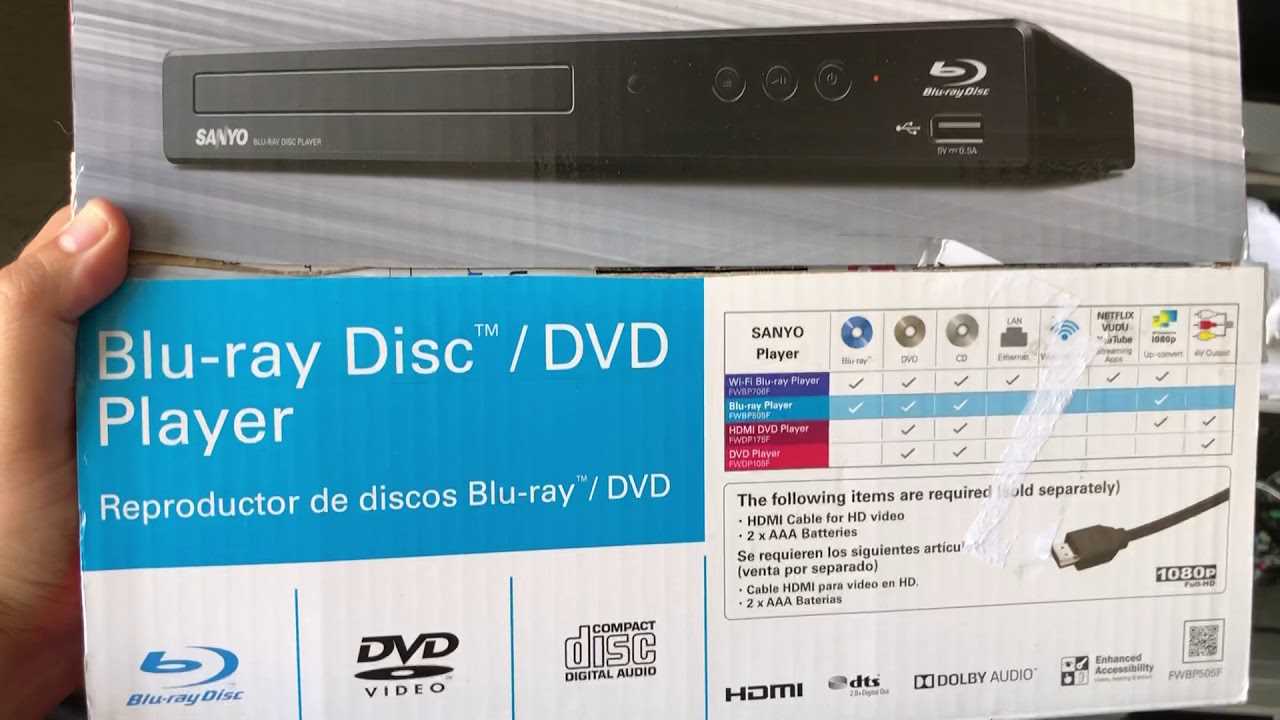
To begin enjoying your new device, it’s important to set it up correctly. This section will guide you through the initial steps to ensure a smooth experience with your home entertainment system.
Connecting the Device to Your TV
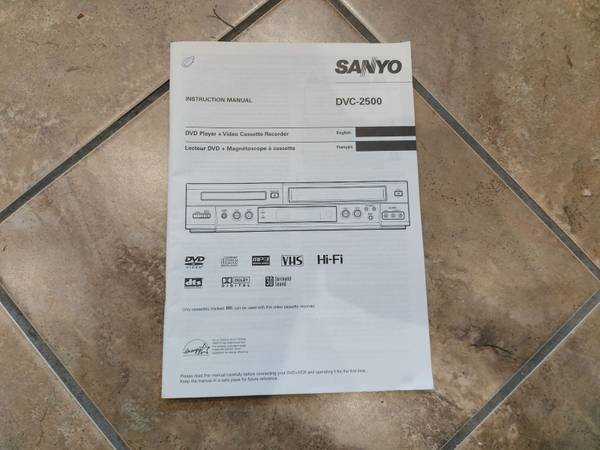
Start by linking the system to your television. Utilize the appropriate cables that came with the package, and ensure they are securely connected to both the device and the TV. Once connected, switch your television to the correct input source.
Configuring the Basic Settings
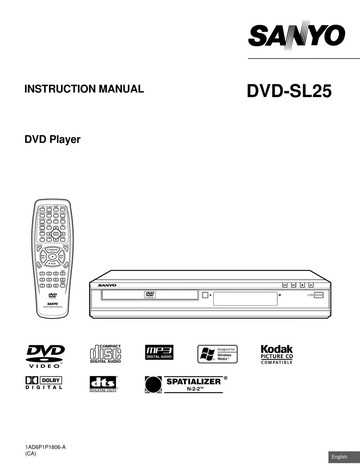
Once the connection is established, power on the system and follow the on-screen instructions to configure the basic settings. These may include language preferences, screen format, and audio options. Adjust these settings to suit your viewing preferences.
With everything set up, you are now ready to explore the features of your new entertainment system. Enjoy watching your favorite movies with ease!
Basic Features and Functions Overview
This section provides a concise summary of the essential capabilities and functionalities available in the device. It aims to highlight the core attributes that make this equipment user-friendly and efficient for everyday use.
Playback and Navigation

The device offers seamless playback options, allowing users to easily access and enjoy their media. With intuitive controls for play, pause, fast forward, and rewind, navigating through content is straightforward and convenient.
Customizable Settings
Users have the ability to personalize various settings to enhance their viewing experience. Opti
How to Connect Your DVD Player

Setting up your media device to your television is a straightforward process that allows you to enjoy movies and other content seamlessly. The following steps will guide you through the process of connecting the device to your TV, ensuring a clear picture and sound quality.
Step 1: Gather the Necessary Cables
Begin by collecting all the required cables. Typically, you’ll need either an HDMI cable for high-definition connection or composite cables (red, white, and yellow) for standard definition. Make sure your TV has compatible input ports for the type of cable you choose.
Step 2: Connect the Cables to the Television
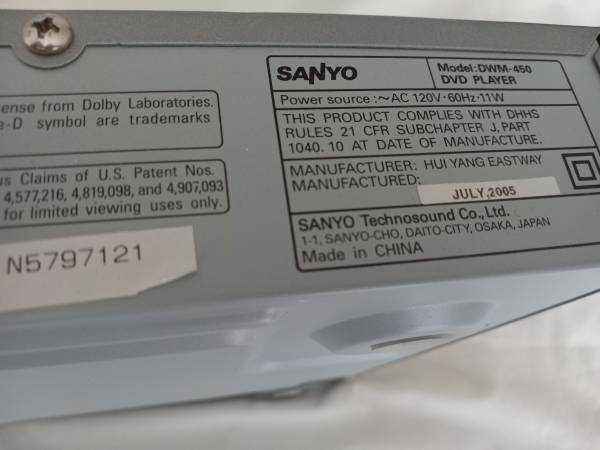
Next, plug one end of the selected cable into the corresponding port on the media device and the other end into the matching input on your TV. If using an HDMI cable, this single connection will carry both video and audio. For composite cables, ensure each color-coded cable is connected to the corresponding input.
Tip: If your television has multiple input options, note which one you used (e.g., HDMI 1, AV 2) so you can select the correct input source later.
Once connected, power on both devices and select the appropriate input on your TV to begin enjoying your media content.
Operating the Remote Control
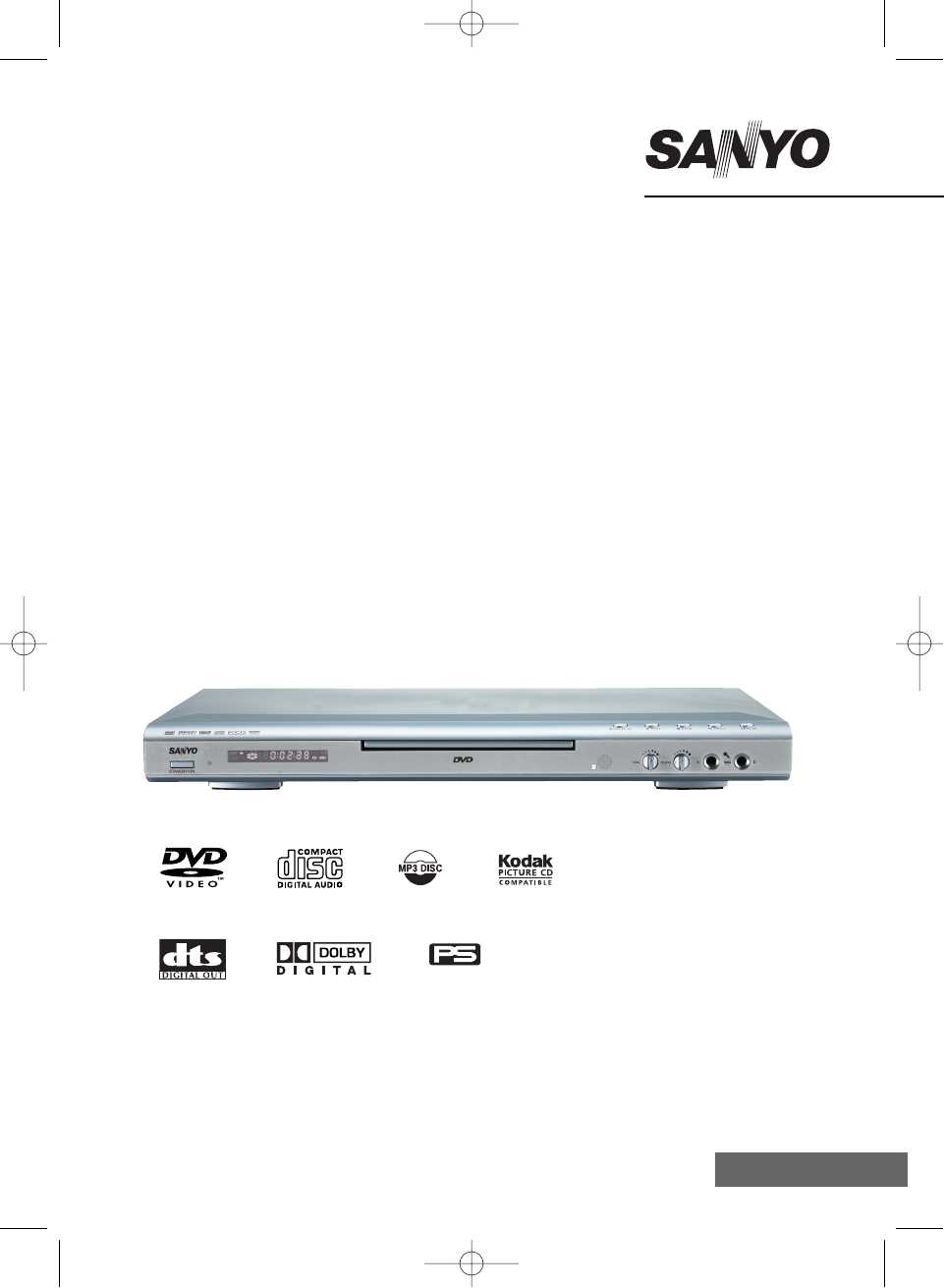
The remote control provides an easy way to interact with your device from a distance. It’s designed to handle all the essential functions, making it a convenient tool for everyday use. This section will guide you through the basic operations and how to get the most out of the remote control’s features.
Basic Functions
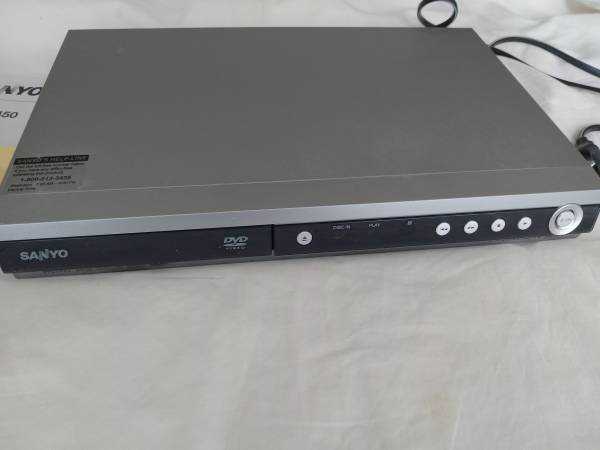
Using the remote control, you can easily navigate through menus, adjust settings, and control playback. The primary buttons include power, volume, play, pause, stop, and directional keys. Each button is specifically designed to perform a certain task, simplifying the overall user experience.
Advanced Operations
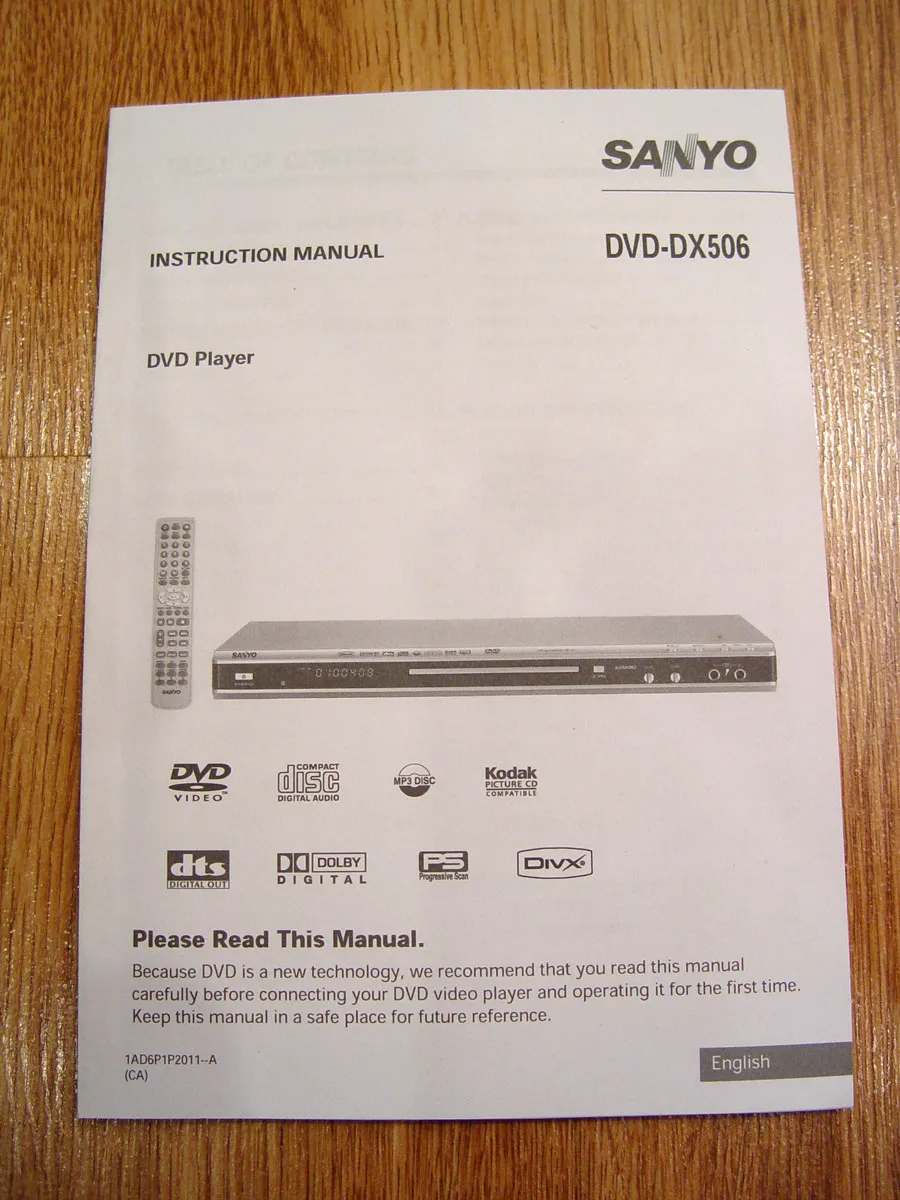
Beyond the basic functions, the remote control also offers more advanced features such as accessing specific menus, programming favorite settings, and managing various playback modes. Understanding these advanced operations can enhance your overall experience with the device.
| Button | Function |
|---|---|
| Power | Turns the device on or off |
| Volume | Adjusts the audio level |
| Play/Pause | Starts or pauses playback |
| Stop | Stops playback |
| Directional Keys | Navigate through the menu options |
Troubleshooting Common Issues
In this section, we’ll address various challenges users may encounter with their media device. By identifying symptoms and applying straightforward solutions, many typical problems can be resolved quickly without professional assistance.
First, if the device does not power on, ensure that the power cord is securely connected to both the unit and a functional outlet. Check for any signs of damage on the cord or plug, and consider trying a different outlet.
If the unit struggles with reading discs, inspect the surface of the media for scratches or smudges, and clean it carefully if necessary. Additionally, ensure that the disc format is compatible with the device.
When the machine is operational but fails to produce sound or video, verify that all cables are connected correctly between the device and the display. Try different cables or inputs to rule out faulty connections.
For issues related to remote control unresponsiveness, replace the batteries and make sure there are no obstructions between the remote and the device. If the problem persists, consider resetting the remote or pairing it again.
Maintaining and Cleaning Your Device
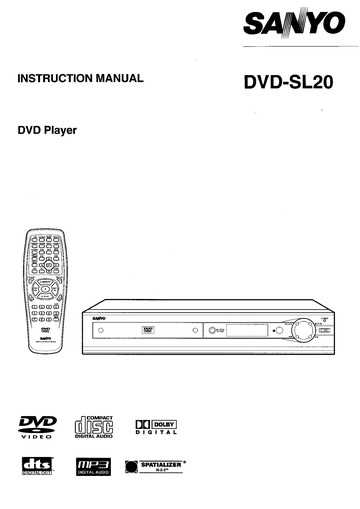
Regular upkeep of your entertainment equipment is essential for ensuring longevity and optimal performance. Proper care not only enhances the durability of your gadget but also prevents potential malfunctions caused by dust and debris accumulation.
General Maintenance Tips
To keep your equipment running smoothly, it’s important to routinely inspect it for any visible signs of wear or damage. Ensure that all cables are securely connected, and avoid placing the device in areas prone to excessive heat or humidity.
Cleaning Procedures
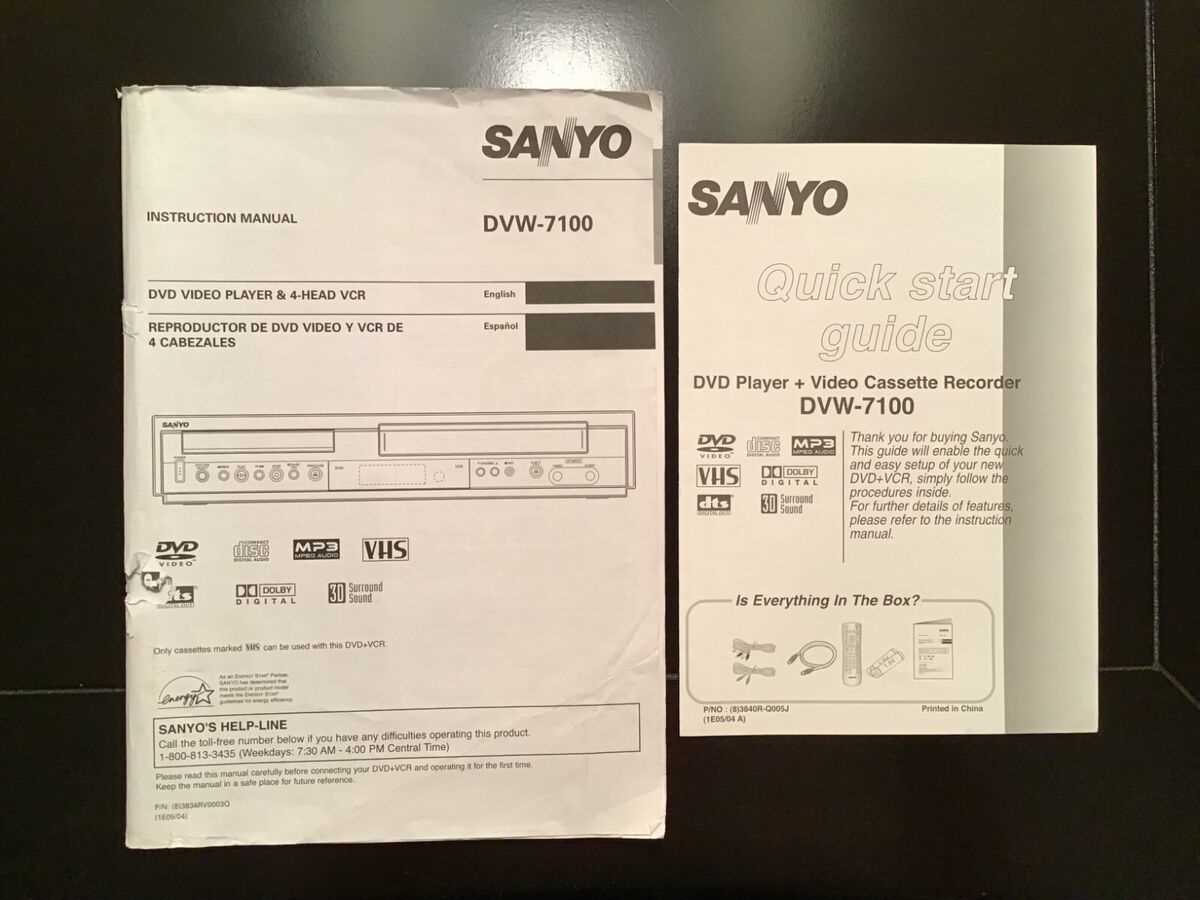
When cleaning your entertainment unit, use a soft, lint-free cloth slightly dampened with water or a gentle cleaning solution. Avoid using abrasive materials or harsh chemicals, as these can damage the surface. Pay special attention to the vent areas and other openings to prevent dust buildup, which can impair the functionality of the internal components.
| Component | Cleaning Method | Frequency |
|---|---|---|
| Exterior Surface | Wipe with a damp cloth | Weekly |
| Vents | Use a soft brush or compressed air | Monthly |
| Remote Control | Wipe with a dry cloth | As needed |